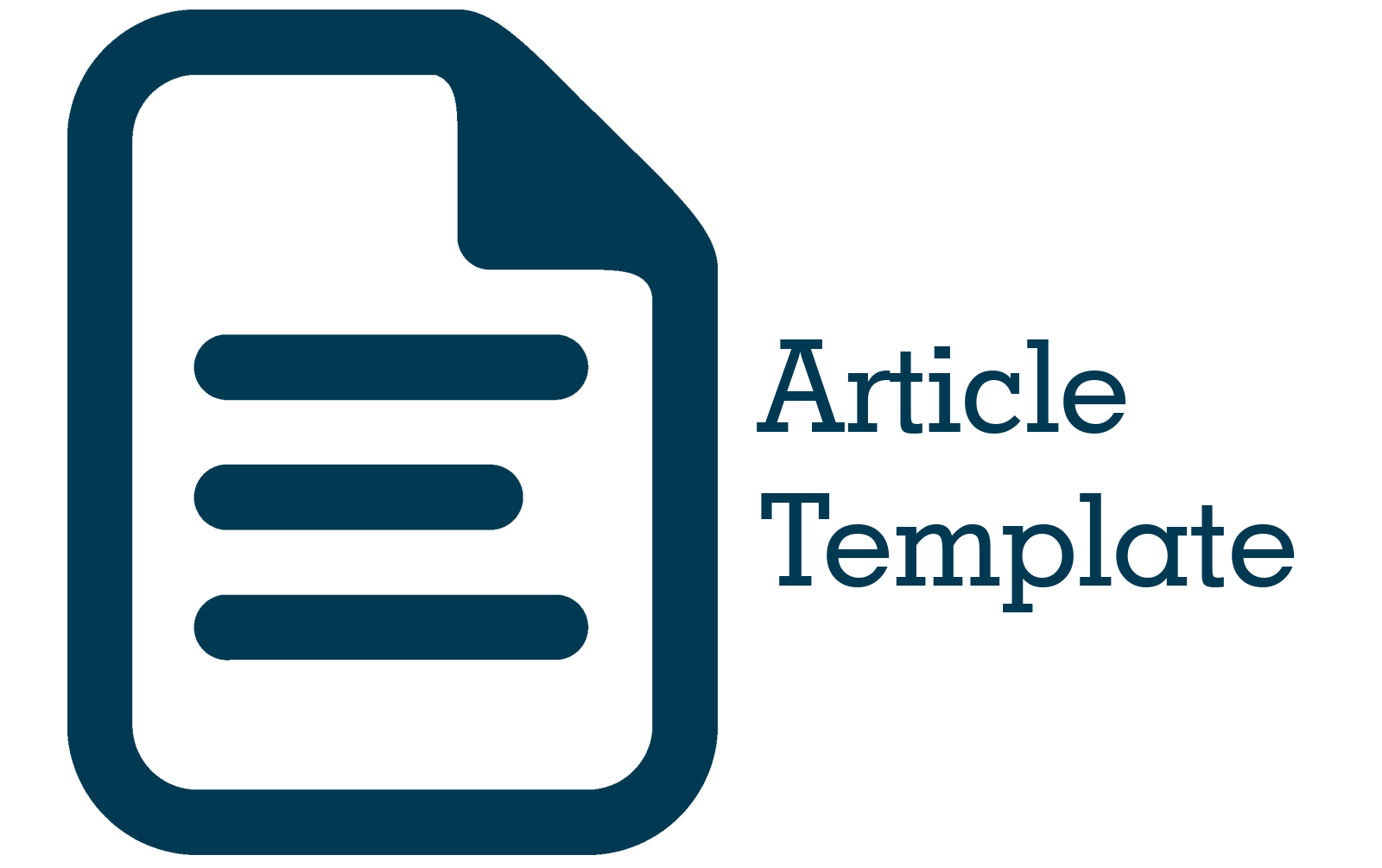KNOWLEDGE AND APPLICATION OF BALANCED NUTRITION ON TODDLERS DURING PANDEMIC
DOI:
https://doi.org/10.29082/IJNMS/2021/Vol5/Iss1/334Keywords:
Health education, toddler’s balanced nutritionAbstract
Toddlers are an age group that is vulnerable to nutritional disorders. A balanced nutritional intake will have an impact on children's development and also play an important role in immunity to prevent and fight COVID-19, especially in early childhood. Nutrition education is an effective effort in changing the behavior of mothers. The purpose of this study was to determine the effect of health education on knowledge and behavior of mothers in the application of toddler’s balanced nutrition in Sidoarjo region. This study used a pre-experimental design with a one group pre post test approach. The sample of this research is mothers who have children aged 1-5 years in the village of Sukodono Sidoarjo totaling 30 respondents, the sampling technique is purposive sampling. The statistical test used are the Paired T test and Wilcoxon test. The Paired t test results obtained p value 0.011 (α = 0.05), which means that there is an effect of health education on the level of knowledge about balanced nutrition in toddlers, while the Wilcoxon test results on the practice of implementing toddler’s balanced nutrition obtained p value 0.091 which means there is no effect health education on the practice of implementing balanced nutrition in toddlers. Thus it can be concluded that there is a significant difference in the level of knowledge of respondents before and after being given health education, while the practice of implementing toddler’s balanced nutrition has no difference before and after being given health education
Downloads
Downloads
Published
Issue
Section
License
Authors who publish with IJNMS agree to the following terms
- Authors retain copyright licensed under a Creative Commons Attribution-ShareAlike 4.0 International License that allows others to share the work non-commercially with an acknowledgement of the work's authorship and initial publication in this journal.
- Authors are permitted and encouraged to post their work online (e.g., in institutional repositories or on their website) prior to and during the submission process, as it can lead to productive exchanges, as well as earlier and greater citation of published work (See The Effect of Open Access). Authors can archive pre-print and post-print or publisher's version/PDF.










_IJNMS.png)






